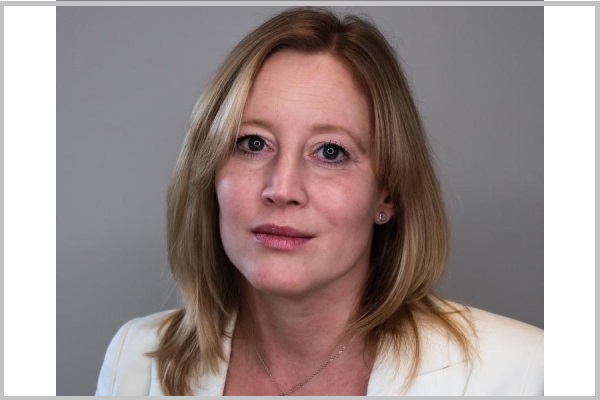
Now an equity partner at PCB Byrne, Olga Bischof talks to NLJ about her career path, and debates the pros and cons of undergraduate law degrees
What was your route into the profession?
I studied law at Exeter University and then did a Bar Vocational Course at the Inns of Court School of Law. I initially wanted to become a barrister, but I quickly realised that it was going to be near impossible for me to be self-employed (as I did not have a British passport at the time). As a result, I got a job as a litigation paralegal in the London office of one of the big US law firms, and a few months later I managed to get a training contract in what was then a litigation/immigration boutique London law firm. I qualified as a solicitor on 1 March 2010.
What has been your biggest career challenge so far?
Making the decision to leave Brown Rudnick, which is the law firm where I qualified and worked for one month short of 14 years. It was undoubtedly the right decision for me, and my career, and I am now delighted that I took that step. At the time, however, leaving what had essentially been my second home since my mid-20s was extremely difficult.
What I think I have learned from that experience is that changes are good and that they energise a person to do better. I think that a lot of people don’t make the changes that they know they should make because of fear of what is to come, and I now know that one should try not to fall into that trap, even if the feeling of nostalgia will at times be difficult to overcome.
Which person within the legal profession inspires you most?
I have been lucky enough to meet many brilliant professionals over the years and I can’t single out just one of them. I would hope though that I have made it clear to those who have influenced me and taught me to be who I am today what an important part they played in my career.
If you weren’t a lawyer, what would you choose as an alternative career?
An investigative journalist
Who is your favourite fictional lawyer?
Billy McBride in Goliath.
What change would you make to the profession?
I would abolish undergraduate law degrees and require all law students to do an undergraduate degree in something different. Having done a straight LLB degree myself, I now know that I was far too young to remember what I learned in the first two years at least. I think that law students would all benefit from doing a degree in another subject that could be useful in a legal career—such as, perhaps, history, politics or economics—and then spending a year or two doing the equivalent of a conversion course, having consciously made a decision to become a lawyer at the age of 21 rather than 17.
Saying that, I am very aware of the financial and other challenges that those who want to qualify as lawyers would face as a result of my proposed change. Practically speaking, I think this means it could only be implemented together with other changes to the education system more generally.
How do you relax?
By spending time with my family and friends.
Olga Bischof, partner at PCB Byrne, specialises in commercial litigation and arbitration, with an emphasis on complex fraud. She acted for Andrey Guriev in Gorbachev v Guriev [2024] EWHC 2174 (Comm).






.tmb-mov69x69.jpg?sfvrsn=7806223b_1)


